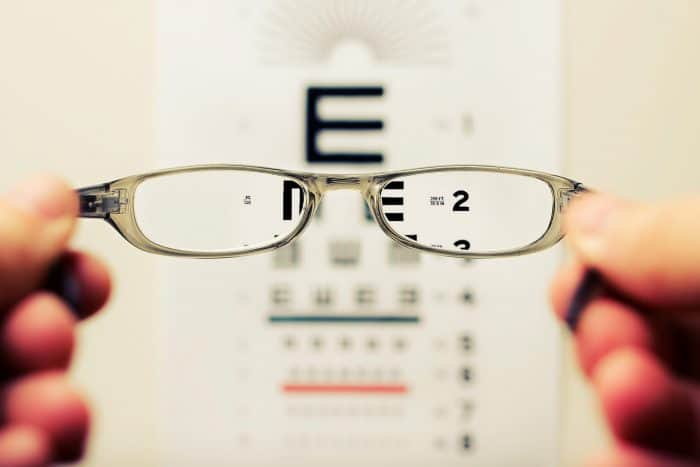Many times, the bad habits we pick up seem insignificant. In reality, many of such habits could actually be harmful for your well being and even your vision! Ensuring optimal vision is part of our job, so follow along to learn what bad habits could be negatively affecting your vision.
Staying Up All Night
Not getting enough sleep does not only result in blood shot eyes and dark circles. It can also result in pesky eye twitches, dry eyes and blurry vision. You don’t want to strain your eyes by staying up all night. Though in the moment, it may seem like it’s worth it to stay up all night, or something may be important enough to skip a night of sleep. Remember to get enough rest and listen to your body.
Dehydration

If you’re not drinking enough water throughout the day, the chances of dehydration are high. Water intake effects every part of you body. Dehydration is not only bad for your health but could also cause dry eyes, red eyes and puffy eyelids. This is due to your tear dots not having enough fluid to produce tears. Stay on top of drinking water to avoid forming bad habits.
Staring into the Sun
Although this is usually obvious, there are times when people tend to look at it anyway. This however can be dangerous to your vision since the ultraviolet rays from the sun can cause damage to eye tissues and lead to muscular degeneration and cataracts.
Not Wearing Sunglasses All Year Round

It’s true that we only remember to wear sunglasses on bright sunny and warm day like in those in the summer. For reasons mentioned above, sunglasses are important tools to help protect your eyes from sun damage all year round.
Reading and Writing in the Dark
Maybe you enjoy reading before bed or writing in your journal about your day before going to sleep. Avoid doing these in the dark. straining your eyes can cause headaches and eye pain when you don’t have enough light cast on the subject. Try having a small desk lamp on top of your nightstand to help you see.
Avoiding Regular Eye Exams

Many times, a regular eye exam is the only way to help catch some serious diseases that have no warning signs until they take a hold of your vision. Talk to an ophthalmologist to see how frequently you should be receiving an eye exam and make sure to schedule them as needed.
Keep these eye safety tips in mind, and look at your current routines. Is there something you can adjust based on this list? Do you feel happy, healthy and generally good about your eye health? Checking in with your eye doctor is important every so often, even if you’re not experiencing discomfort.

